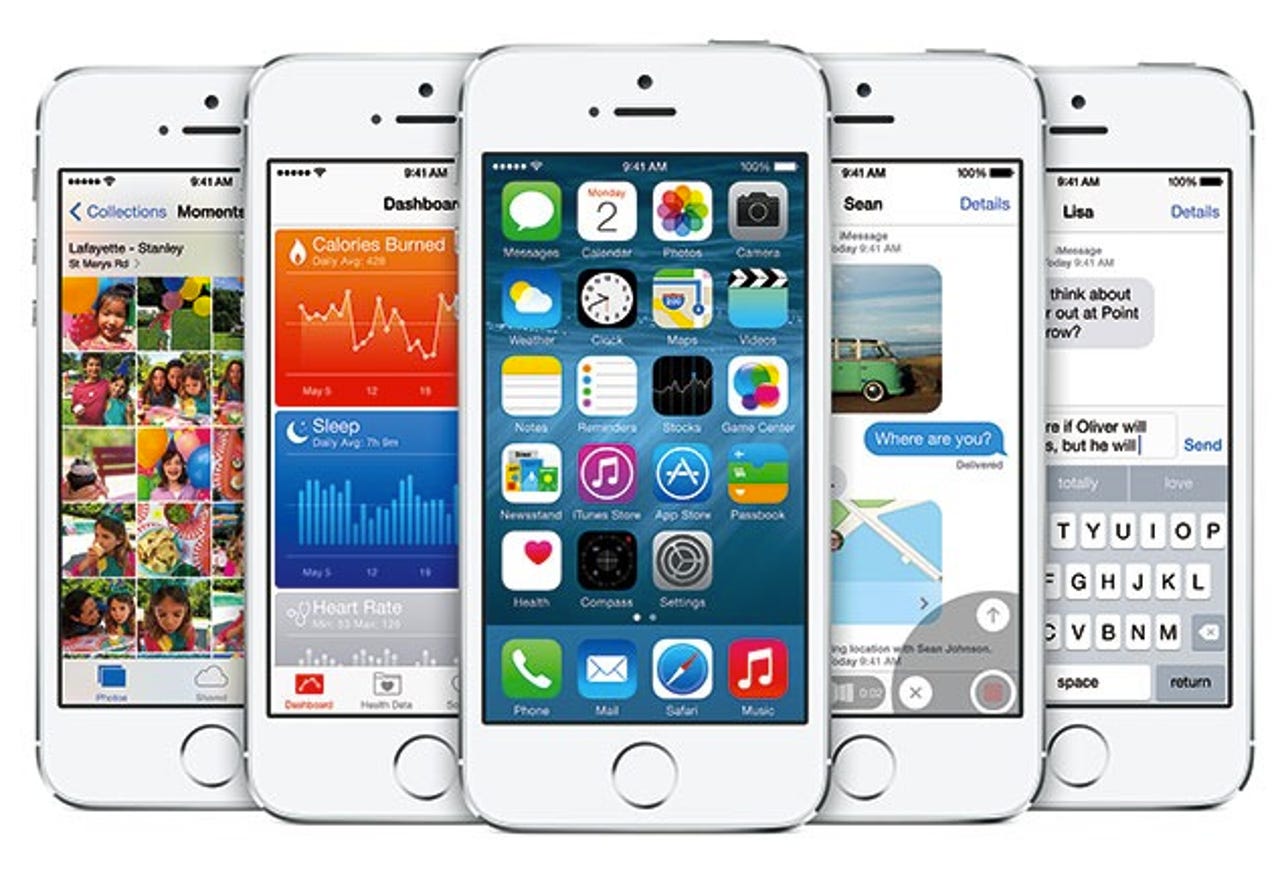Apple in talks with healthcare professionals over HealthKit rollout


Apple is in talks with healthcare providers across the US to discuss the rollout of the firm's HealthKit service, which will host and aggregate users' personal health data.
According to Reuters, the California-based firm has been in talks with healthcare providers at Mount Sinai, the Cleveland Clinic and Johns Hopkins as well as with Allscripts, a provider of electronic health records. People familiar with the discussions said that while the talks may not result in anything substantial, the meetings underscore how Apple wants to make healthcare data available for both consumers and healthcare providers to view in one place.
In addition, the tech giant has reportedly held talks with developers of fitness and medical apps, including iHealth Lab, a developer of health-based wearable technology.
Data including blood pressure, pulse, weight and height is collected by thousands of companies, medical devices and applications across the globe, but there is currently no central storage system -- a niche Apple hopes to capitalize upon. If centrally stored, then healthcare providers could use this data to improve diagnostics and treatment, and with patient consent, could also monitor patients and their health more accurately.
Featured
There has been a recent explosion of interest in the mobile healthcare industry. The Nike+ Fuelband, FitBit and Samsung's Gearfit are only a few examples of devices now on the market which measure health-related data.
Health and HealthKit are new iOS applications which arrive with iOS 8. Measurements of a user's health will all be stored in one place -- such as calories taken, sleep and heart rate -- and users will be able to create emergency health cards that can be accessed via the home screen. In the same way that some of us store ICE -- in case of emergency -- contacts on our phones, these emergency cards can document allergies or existing conditions.
HealthKit is the underbelly of the Health application. This developer tool allows apps to contribute data in order to create a substantial profile of a user's health, and can also synchronize this data across third-party apps. As an example, Apple said Nike is working toward the integration of HealthKit within its Nike+ app, using Fuelband, which would allow the sharing of nutrition and sleep data, which could lead to a more tailored exercise regime for users.
According to the publication, Apple has taken great pains in order to make data sharing clear and concise for users, and has developed an optional toggle which will permit or refuse data to be shared with third-party companies. If patients choose to store health-based data in iCloud, it will be encrypted.
However, it is likely that regulations in the United States will prove challenging to the iPad and iPhone maker's plans. While an all-in-one solution could benefit healthcare providers and HealthKit partners, this also comes with the responsibility of keeping such sensitive data safe and protected. In addition, ageing and legacy IT systems used by these firms may not be compatible with Apple's offering.
In June, Apple met with the US Food and Drug Administration to discuss mobile medical applications, and the government agency is now advising Apple on new products in order to avoid regulatory problems later on.
Cleveland Clinic associate chief information officer William Morris told Reuters that the clinic is experimenting with HealthKit's Beta version, and is currently providing feedback to Apple. Morris said that HealthKit could provide a means for budget-strapped hospitals and clinics to save time and money while still leveraging mobile health data -- as they would not need to integrate multiple apps and devices in order to collect valuable patient data.
Health and HealthKit is expected to be shipped as part of Apple's new iOS 8 mobile operating system this fall.